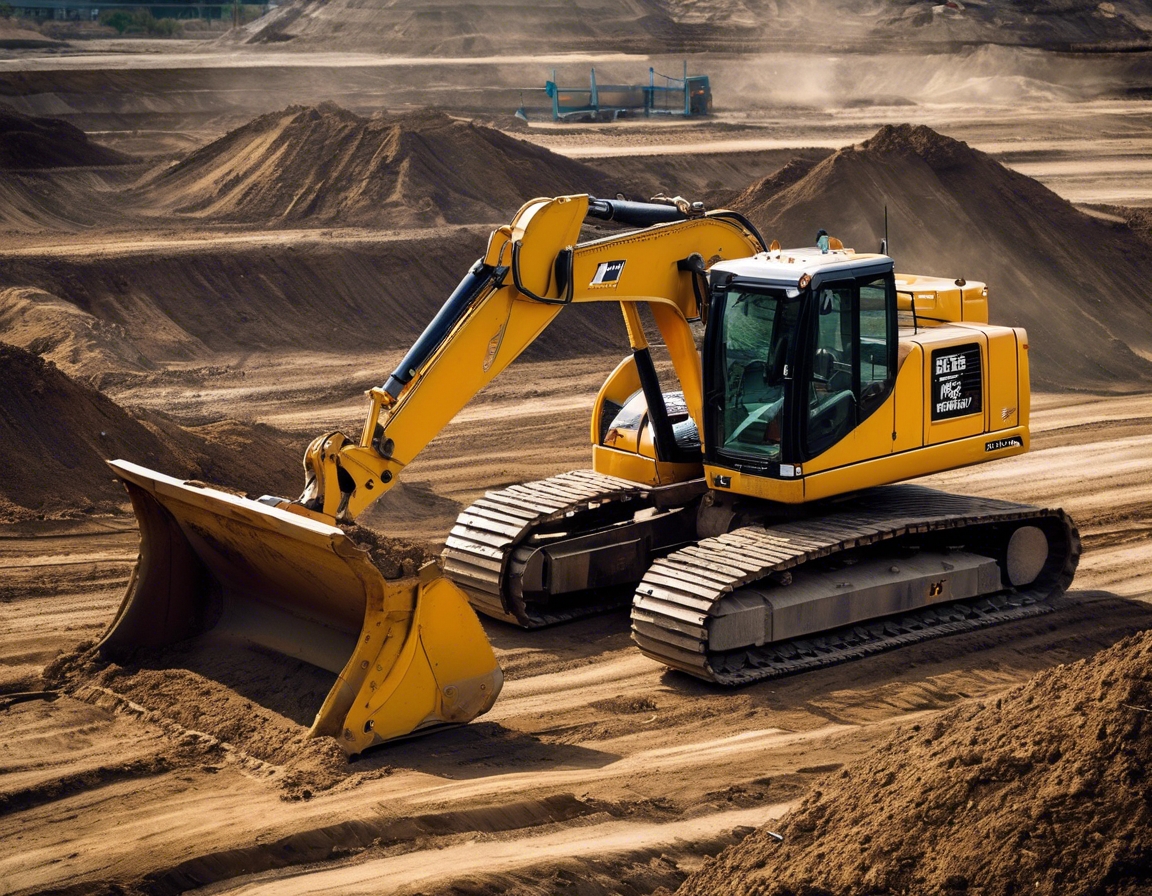The importance of construction supervision
Construction supervision is a critical component of any building project, ensuring that the construction process adheres to the planned design, budget, and timeline. It involves overseeing the construction activities, coordinating between various stakeholders, and ensuring compliance with safety and quality standards. For homeowners and property developers, effective construction supervision is essential to achieving a successful project outcome.
Key Roles and Responsibilities of a Construction Supervisor
A construction supervisor is responsible for maintaining the quality of the construction work. This involves regular inspections, monitoring the use of materials, and ensuring that the construction methods align with the project specifications and industry standards.
One of the primary responsibilities of a construction supervisor is to keep the project on schedule and within budget. This requires meticulous planning, resource allocation, and constant monitoring of progress to identify and address any potential delays or cost overruns.
Safety is a paramount concern in construction projects. Supervisors must ensure that all safety protocols are followed, conduct regular safety audits, and provide training to workers to minimize the risk of accidents and injuries on site.
Effective communication and coordination among various stakeholders, including architects, engineers, contractors, and clients, are crucial for the smooth execution of a construction project. The supervisor acts as a liaison, facilitating clear and timely communication to ensure everyone is aligned with the project goals.
Benefits of Effective Construction Supervision
With diligent supervision, the quality of the construction is significantly improved, resulting in a durable and aesthetically pleasing final product that meets the client's expectations.
By proactively identifying and addressing potential issues, construction supervision helps mitigate risks, reducing the likelihood of costly errors and rework.
Effective supervision ensures optimal use of resources, preventing wastage and ensuring that the project remains within the allocated budget.
With a focus on managing timelines and addressing any delays promptly, construction supervision plays a crucial role in ensuring that projects are completed on time.
Challenges in Construction Supervision
Construction projects often encounter unexpected challenges, such as adverse weather conditions or supply chain disruptions. Supervisors must be adept at problem-solving and adapting plans to overcome these hurdles.
Managing the expectations and demands of various stakeholders can be challenging. Supervisors need strong negotiation and interpersonal skills to balance these interests effectively.
The construction industry is rapidly evolving with new technologies. Supervisors must stay updated with the latest advancements and integrate them into their projects to enhance efficiency and quality.
The Role of Technology in Modern Construction Supervision
Modern construction projects benefit from advanced management software that aids in planning, scheduling, and tracking progress, making supervision more efficient and effective.
With a growing emphasis on sustainability, supervisors are increasingly incorporating eco-friendly practices and materials into their projects, aligning with the values of environmentally conscious clients.
Data analytics provides valuable insights into project performance, helping supervisors make informed decisions and optimize construction processes for better outcomes.






Comments (0)